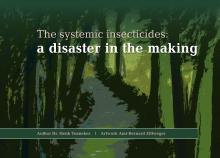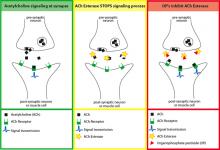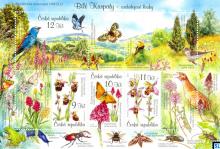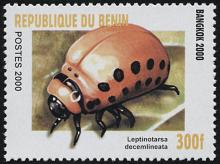European Commission to vote on thiacloprid relicensing
On March 22, representatives of European Agriculture Ministers will meet at the European Commission's Standing Committee on Plants, Animals, Food and Feed (ScoPAFF) to deliberate Thiacloprid's relicensing. Three other neonicotinoid insecticides (imidacloprid, clothianidin and thiamethoxam) were recently banned for outdoor use in all EU member states. They were banned from sale from 19 September 2018 and from use by 19 December 2018.










